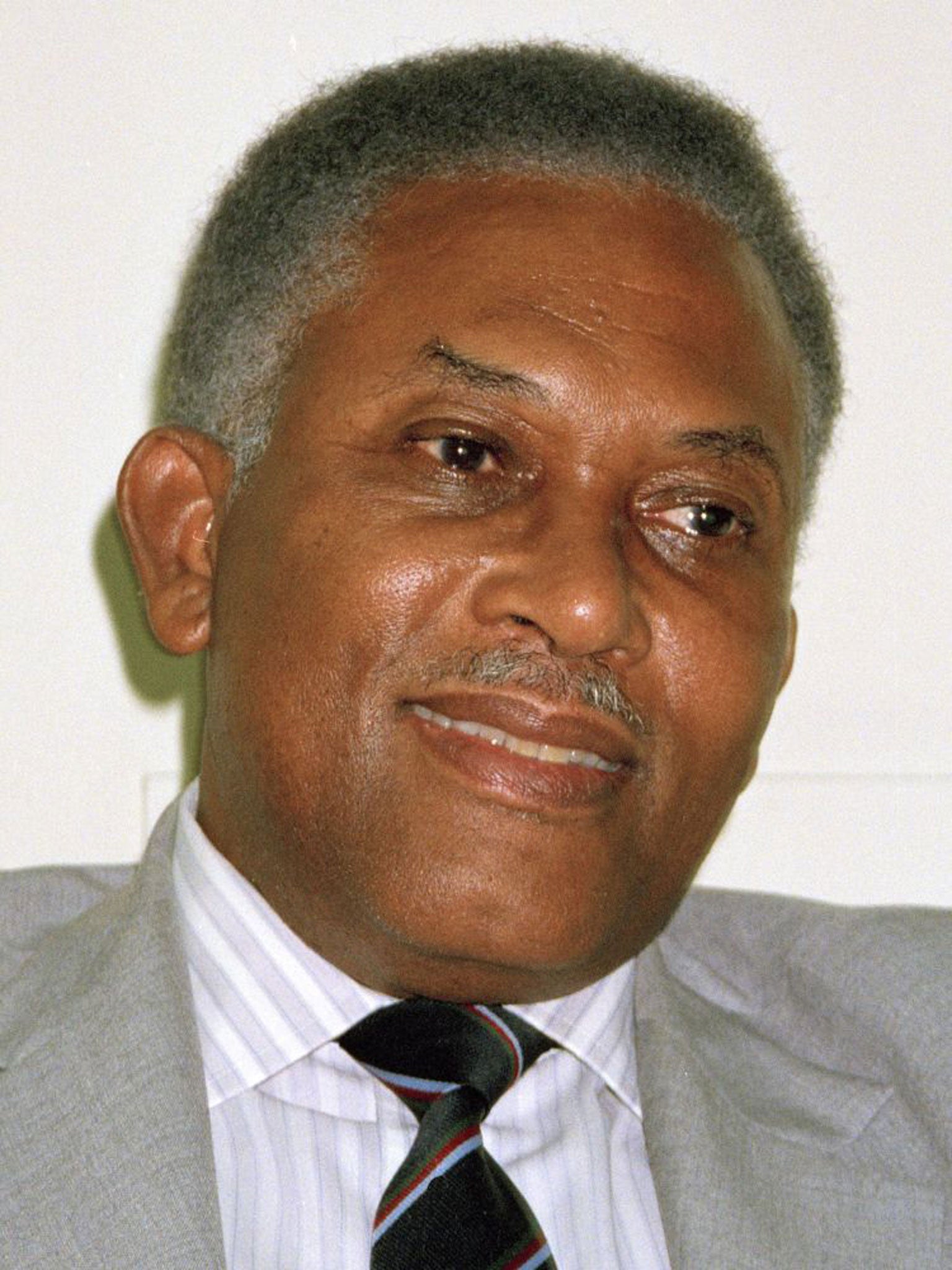ANR Robinson: Prime Minister of Trinidad and Tobago who survived a bloody coup attempt by a radical Muslim group

Arthur Robinson was the leader of Trinidad and Tobago who survived a bloody coup attempt in 1990 and was a force in the creation of the International Criminal Court. He was prime minister from 1986 to 1991. His career began soon after he graduated from Oxford; he helped found the People's National Movement, which dominated after independence in 1962.
Trinidad and Tobago became known as one of the more prosperous Caribbean countries thanks to an oil and gas boom, but Robinson grew concerned with economic and social disparities. He left the People's National Movement in 1970 and joined Parliament in 1976 with a new opposition party, the Democratic Action Congress. In 1986, his landslide victory was viewed as an astonishing feat against the PNM. The collapse of global oil prices had crippled the economy, and he promised a recovery via tax reforms and public expenditures. He also vowed to clamp down on corruption.
But his term of office was marred by devaluation, 22 per cent unemployment and rising crime. In 1988 he negotiated a $141m loan package from the IMF, which required austerity measures. His popularity plummeted. On 27 July 1990, a group of more than 100 radical Muslim rebels, Jamaat al-Muslimeen, or Society of Muslims, stormed Parliament. The group's leader, Abu Bakr, said that the final straw was the $500,000 spent on a planned government monument while people went hungry.
The siege sparked a six-day stand-off that resulted in at least 24 deaths. Robinson was in Parliament when the rebels stormed it. They held him and more than 45 others hostage, binding them and forcing them to lie on the floor. The rebels tried to force Robinson to call off the military waiting outside. "I shouted, 'Murderers! Torturers!' and I called upon the forces outside to attack with full force," he recalled. He was beaten and shot in the leg.
Looting devastated the capital before an agreement in which the rebels would receive amnesty and Robinson would resign. The hostages were released, but officials claimed the demands were not valid. The rebels were arrested and charged with murder and treason. Two years later, the high court upheld their amnesty and freed them. Robinson survived the ordeal, but his career did not; he was voted out in the 1991 election.
HOAI-TRAN BUI
Arthur Napoleon Raymond Robinson, politician: born Calder Hall, Tobago 16 December 1926; married Patricia Rawlins (two chldren); died Port-of-Spain 9 April 2014.
© The Washington Post
Join our commenting forum
Join thought-provoking conversations, follow other Independent readers and see their replies
Comments
Bookmark popover
Removed from bookmarks